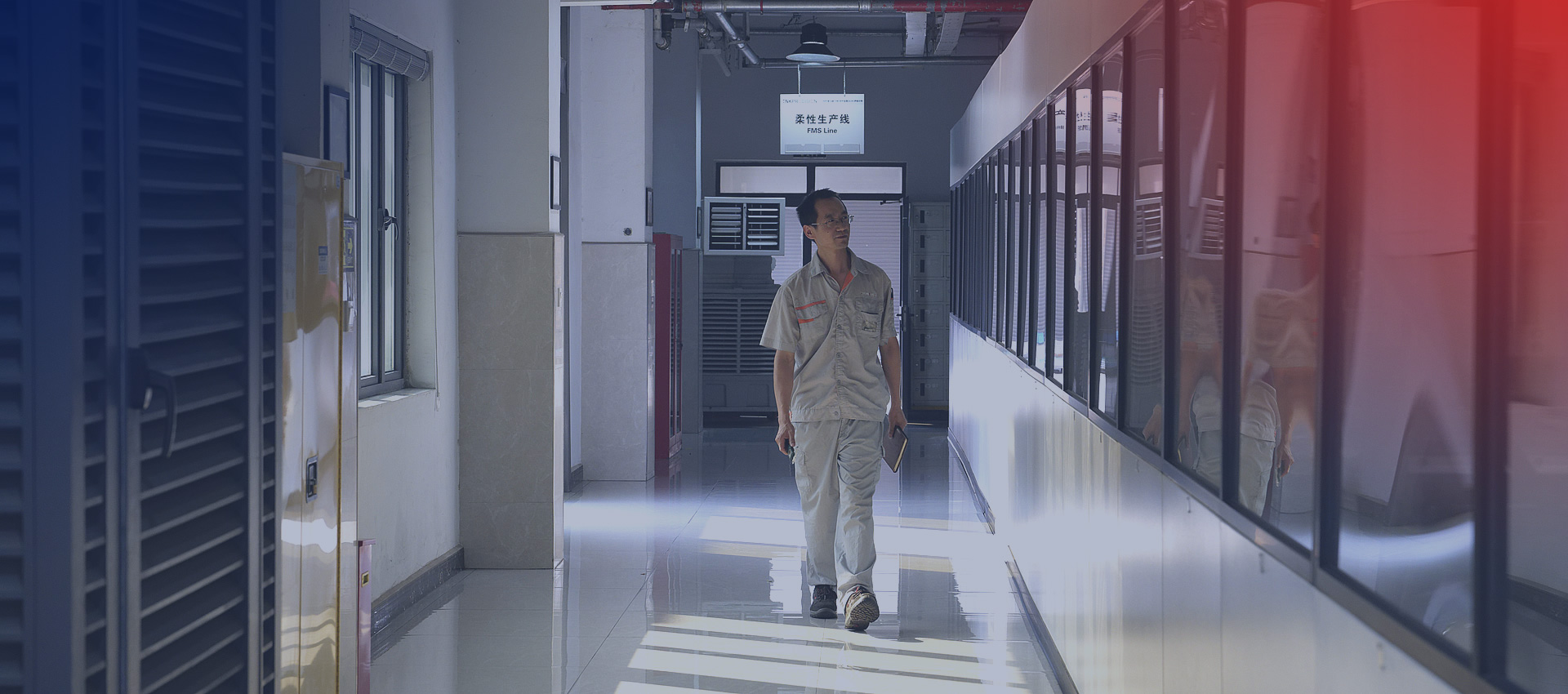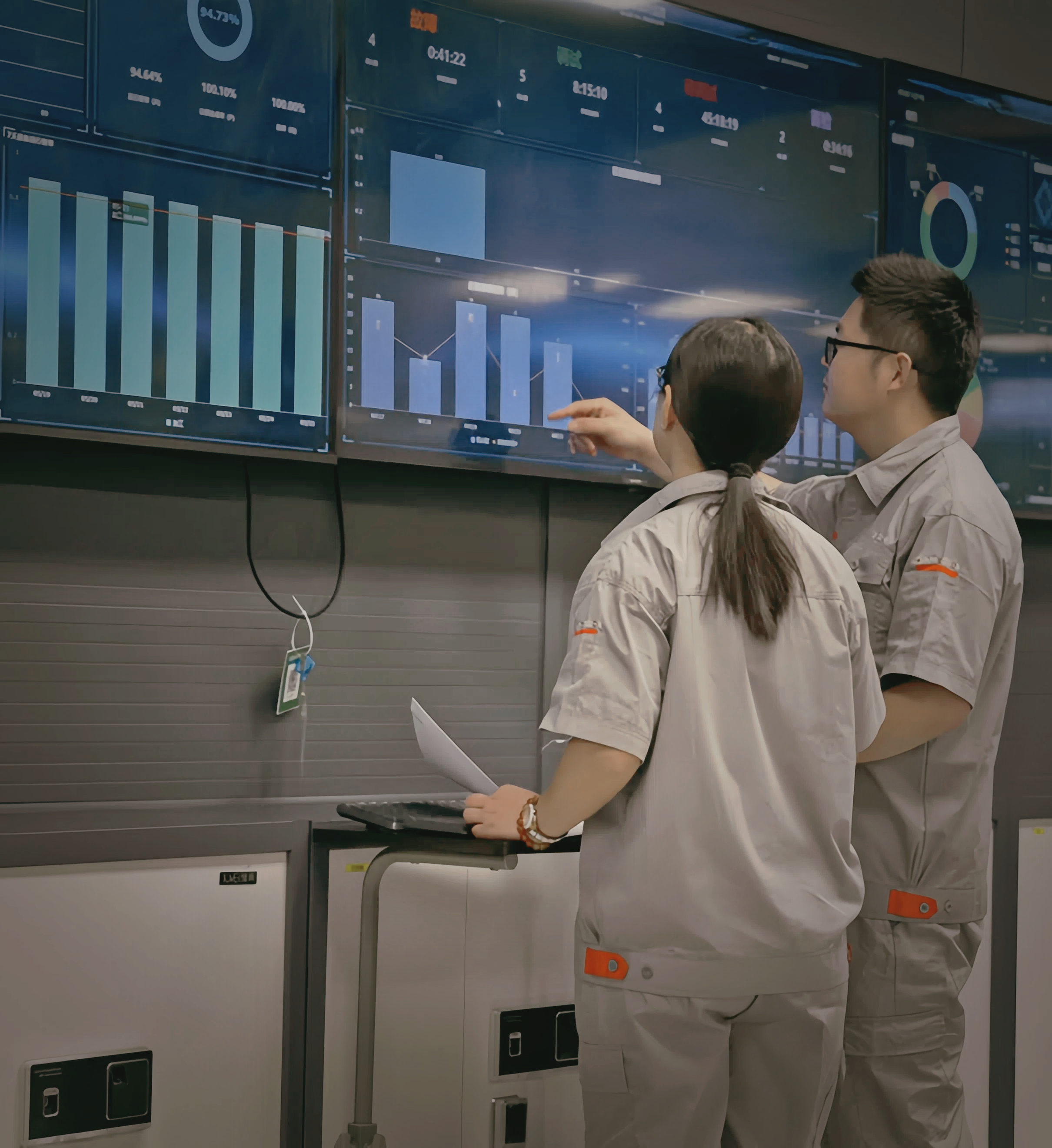1. Digital management of the entire system: core system architecture
- ERP (Enterprise Resource Planning): Unified management of supply chain, finance and production resources to achieve global visualization.
- BI (Business Intelligence): Real-time data dashboard drives decision-making, and key indicators (OEE/yield/delivery on-time rate) are dynamically monitored.
- PLM (Product Lifecycle Management): Digital collaboration from design to mass production, shortening the new product development cycle by 30%.
- BPM (Business Process Management): Standardize 200+ core processes and eliminate cross-departmental collaboration redundancy.
- MES (Manufacturing Execution System): Precise scheduling at the workshop level, 100% equipment networking rate, and production traceability to the single-piece level.
2. Lean operations
- VSM (Value Stream Analysis): Identify and eliminate the eight major wastes (handling/waiting/over-processing, etc.).
- TPM (Total Productive Maintenance): The overall equipment efficiency (OEE) remains at 85%+ for a long time.
- SMED (Quick Mold Change): The mold switching time is compressed to <15 minutes.
- Kanban pull system: Precise delivery on demand, reducing work-in-progress by 60%.

 中文
中文
